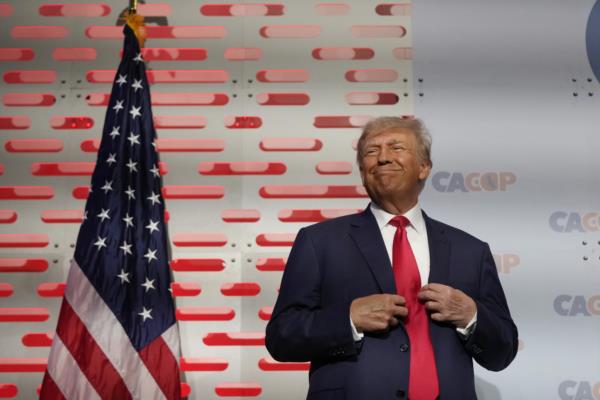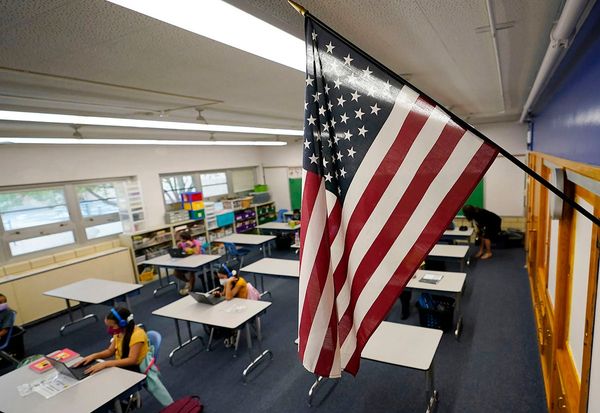
Title: Concerns Mount Over Political Violence as Congress Struggles to Find Common Ground
In a recent interview, a member of Congress expressed growing concerns over the potential for political violence in the United States. The congressman, whose identity has been withheld for security reasons, cited rising levels of intimidation, incitement, and deep political divisions as factors contributing to a climate of fear.
The congressman's remarks come in the wake of an act of vandalism targeting their office by anti-Israel extremists. The incident served as a stark reminder of the escalating tensions and highlighted the need for increased security measures for members of Congress.
The congressman expressed worries about the lack of security for most members of Congress, making them vulnerable to potential acts of violence. They emphasized that it is not a matter of if, but when a violent assault or even an assassination may occur. Such an event would have dire consequences for the safety and stability of the country.
The congressman's concerns reflect a broader sentiment among lawmakers who believe that the United States is experiencing a climate of violent extremism. While acknowledging that acts of political violence have occurred throughout history, the congressman stressed that the current divisive political climate raises the stakes and underscores the need for increased vigilance.
Addressing the challenges facing Congress, the congressman highlighted the emergence of a troubling trend within the Republican Party. They noted that some Republican lawmakers campaigned on limited government or even shutting it down entirely, catering to the demands of extremists within their constituencies. Such an approach, the congressman warned, undermines the ability to govern effectively and find common ground.
Commenting on the lack of party unity, the congressman pointed out that the absence of a unifying figure like Donald Trump has resulted in a disorganized Republican Party. With no clear platform or policy agenda, obstructionism seems to be the primary strategy employed by some members.
The congressman's remarks resonate with the concerns of a long-serving senator who emphasized the importance of trust and adherence to negotiated deals in Congress. The senator warned that abandoning agreements and recurring instances of uncertain funding levels erode trust and make governing effectively nearly impossible.
As political divisions continue to deepen, finding solutions to these challenges appears increasingly difficult. The urgency to rebuild trust, foster unity, and prioritize the safety of elected officials has become paramount to ensuring the effective functioning of Congress and protecting the democratic values upon which the United States was founded.







